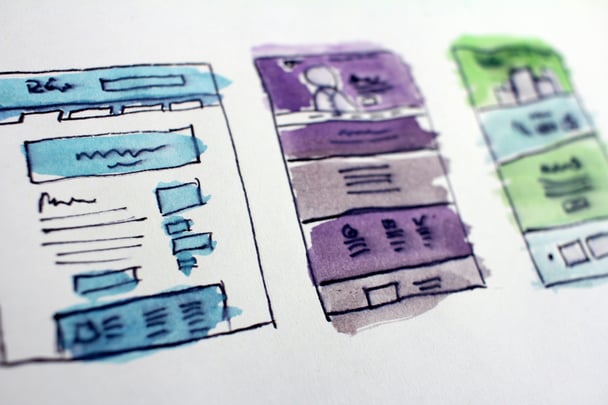In the world of marketing, the concept of a sales funnel is akin to a filtration process where high-quality leads are distilled down to actual sales. The term "funnel" is used because it is wide at the top and narrow at the bottom, symbolizing the journey from many potential customers to a few loyal clients. The responsibility of converting these potential clients into loyal customers lies with the agency leadership to guide the marketing process and messaging.
A sales funnel operates on the principle of AIDA: Awareness, Interest, Desire, and Action. However, this concept has evolved in modern marketing beyond this basic theory. Successful conversion within a sales funnel often requires an effective CRM (Customer Relationship Management) system to nurture promising leads.
Top of the Funnel: Show-Time!
At the top of the funnel, the goal is to create awareness about your brand and its offerings. Initially, only a few people might know about your insurance agency. Digital marketing strategies, such as email advertising, social media channels, influencers, and strategic CRM tools, can increase your brand's visibility. An active presence on social media and a well-designed website landing page are crucial at this stage. Your content should focus on customer needs and pain points rather than just company information.
Middle of the Funnel: Nurture-Time!
Once you've engaged potential customers, the next step is to build a strong relationship with them. During this stage, buyers evaluate your products and compare them with competitors. Your goal is to highlight your competitive advantages through continuous engagement, updates, and reminders. Prompt responses to inquiries and maintaining regular contact are essential to keep potential clients interested.
Bottom of the Funnel: Decision Time!
At the bottom of the funnel, customers are ready to decide. They have interacted with your brand, experienced the value of your offerings, and now need a final push to convert. Being transparent and demonstrating your value to them can also effectively convince customers to purchase.
Importance of Sales Funnels for Insurance Agents
Insurance agencies, like any other business, need steady sales to generate profits. A well-structured sales funnel strategy is crucial for achieving this. The sales funnel helps agents visualize the customer journey from initial awareness to final conversion. It provides a framework for analyzing the business and identifying areas for improvement.
Some key benefits of an effective sales funnel include:
- Increased Revenue: By systematically converting leads into sales, a sales funnel helps boost revenue.
- Improved Conversion Rates: A targeted approach ensures higher conversion rates.
- Better Sales Forecasting: Accurate tracking of leads through the funnel allows for better sales forecasts.
- Simplified Marketing Pitch: A clear funnel strategy helps streamline your marketing efforts.
- Accountability in Sales: A structured process makes it easier to hold sales teams accountable.
While the sales funnel focuses on potential clients, the sales pipeline focuses on closing deals. The funnel guides the customer journey from awareness to purchase, while the pipeline tracks the sales process stages.
Each business's marketing funnel is unique and tailored to its target audience, product line, and customer requirements. It attracts customers and provides insights into converting them into loyal clients. By understanding and leveraging a sales funnel, insurance agents can improve customer satisfaction and foster better relationships, ultimately leading to business growth.
Contact us to join AAI and become an independent insurance agent. Learn how to launch and run the business you've always wanted while enjoying the additional perks of being coached by industry experts.